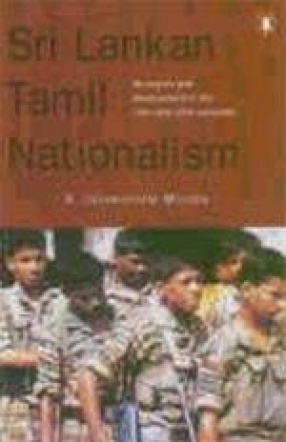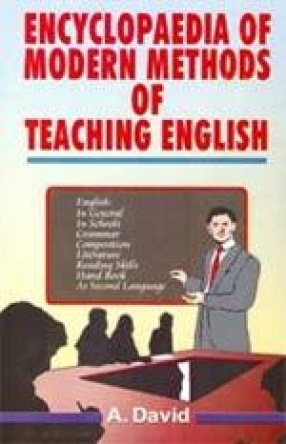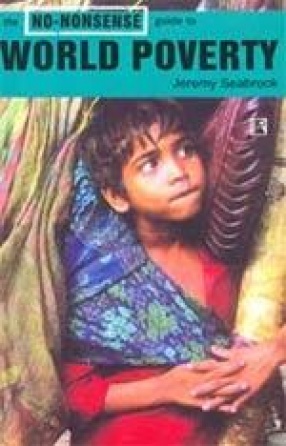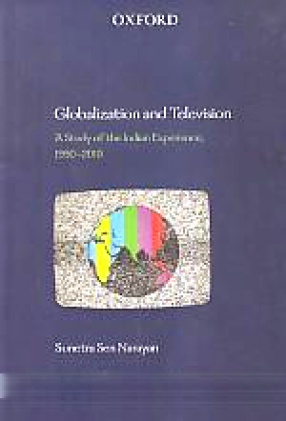In this informed historical account, Prof. A. Jeyaratnam Wilson traces the growth and transformation of Tamil consciousness in Sri Lanka—from a movement to safeguard cultural identity to a political struggle for a separate state. The militarisation of the Sinhala-Tamil conflict began in the 1970s. The Tamils’ claim for basic individual and collective rights could no longer be reconciled with the Sinhalese need to allay their chronic sense of insecurity. The struggle between them intensified, erupting in the burning of the Jaffna Public Library with its irreplaceable cultural treasures on 31 May 1981, the anti-Tamil program in July 1983 and the army’s assault on Jaffna in October 1995. No peaceful solution seems to be insight. The mainly Hindu Sri Lankan Tamils were always separated by language, religion and history from the Buddhist Sinhalese, but under British rule they had flourished. Yet, soon after Sri Lanka gained independence in 1948, the Sinhalese majority government began discriminating against the Tamil minority. Further, the Sinhalese colonisation of Tamil areas in the north and north-east was stepped up. Drawing on first-hand knowledge, Prof. Wilson examines the social and caste structure of the Sri Lankan Tamils and their linguistic, cultural and literary heritage. He describes the high level of their political and cultural activity in the nineteenth century. He also investigates the expressions of rising Tamil consciousness in the twentieth century: the All-Ceylon Tamil Congress, the Tamil Federal Party, the Tamil United Front and the Tamil United Liberation Front. Furthermore, he details the militarisation and arming of Tamil youth, the bloody struggle for supremacy among the armed Tamil groups, the Indian intervention and the assassination of Rajiv Gandhi, and the phases leading to the present impasse.
Encyclopaedia of Modern Methods of Teaching English (In 7 Volumes)
This is a comprehensive set ...
$133.20
$148.00





There are no reviews yet.